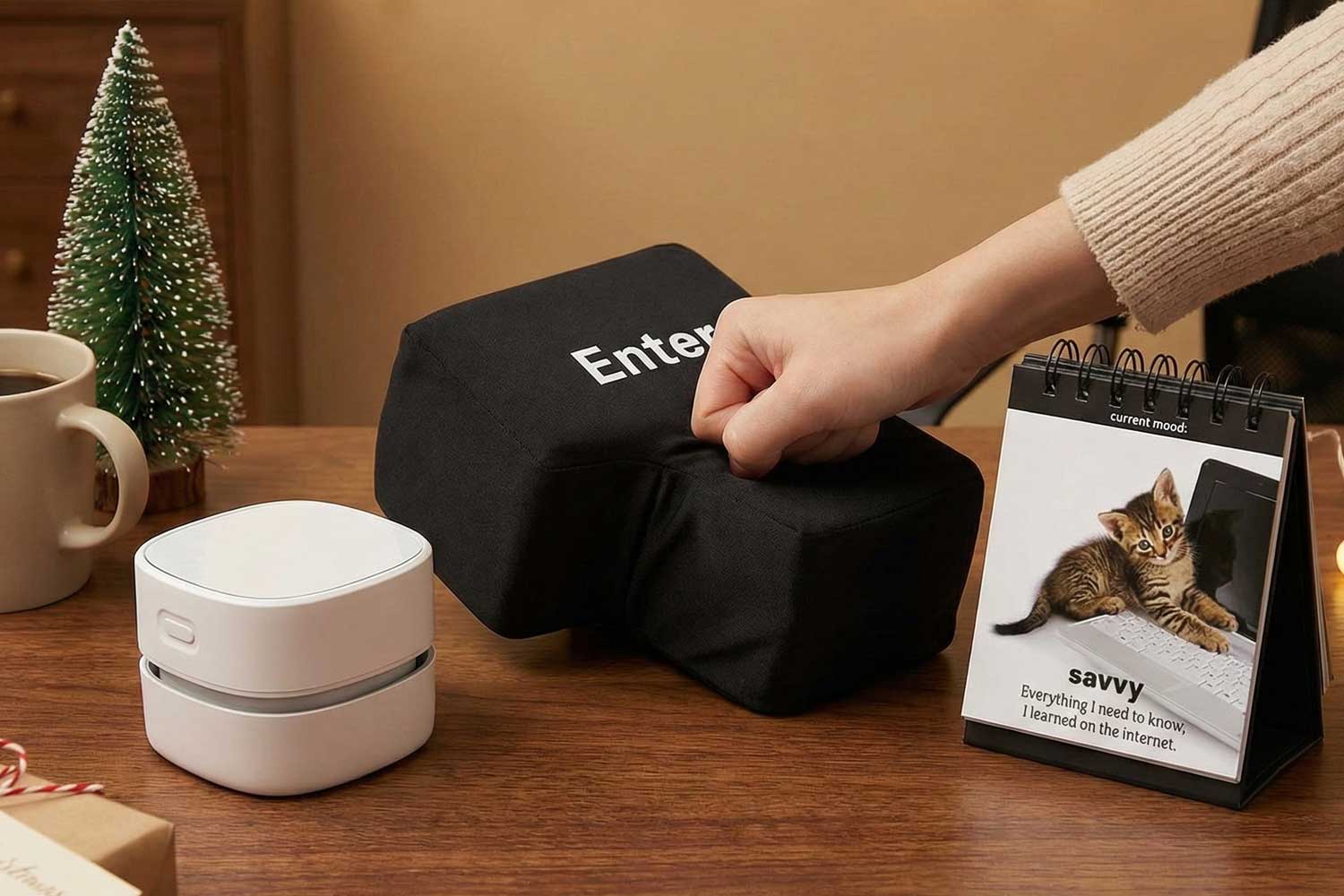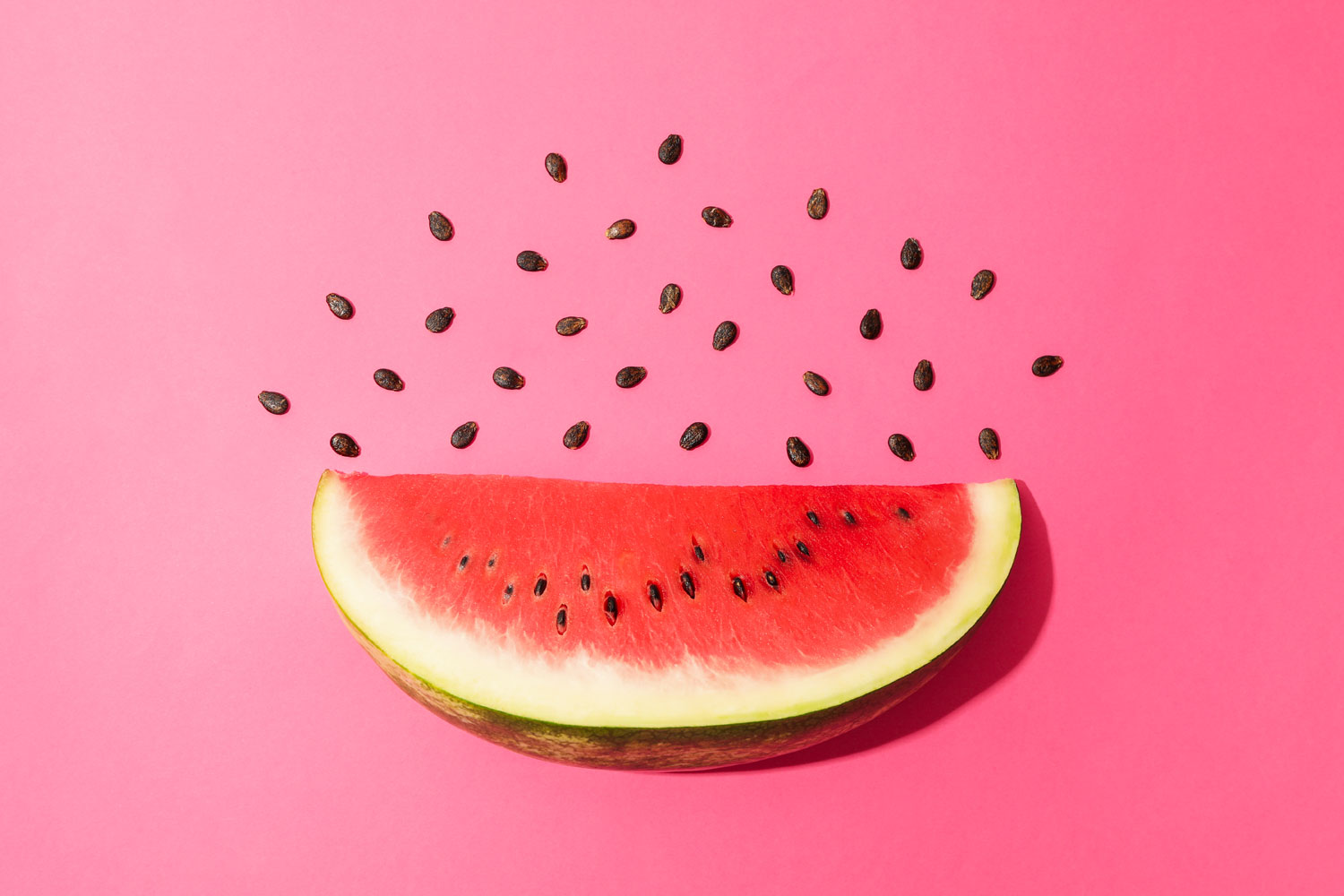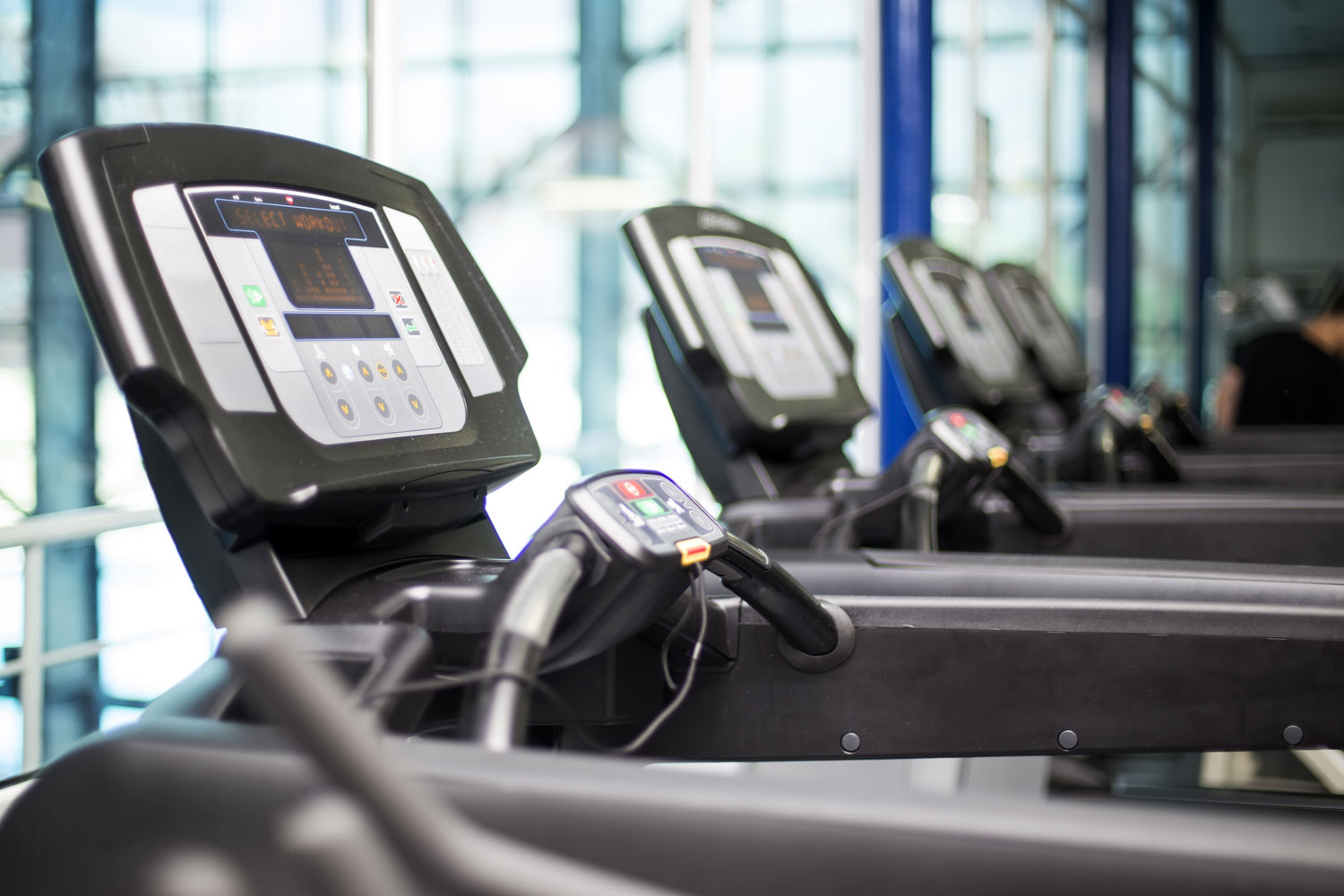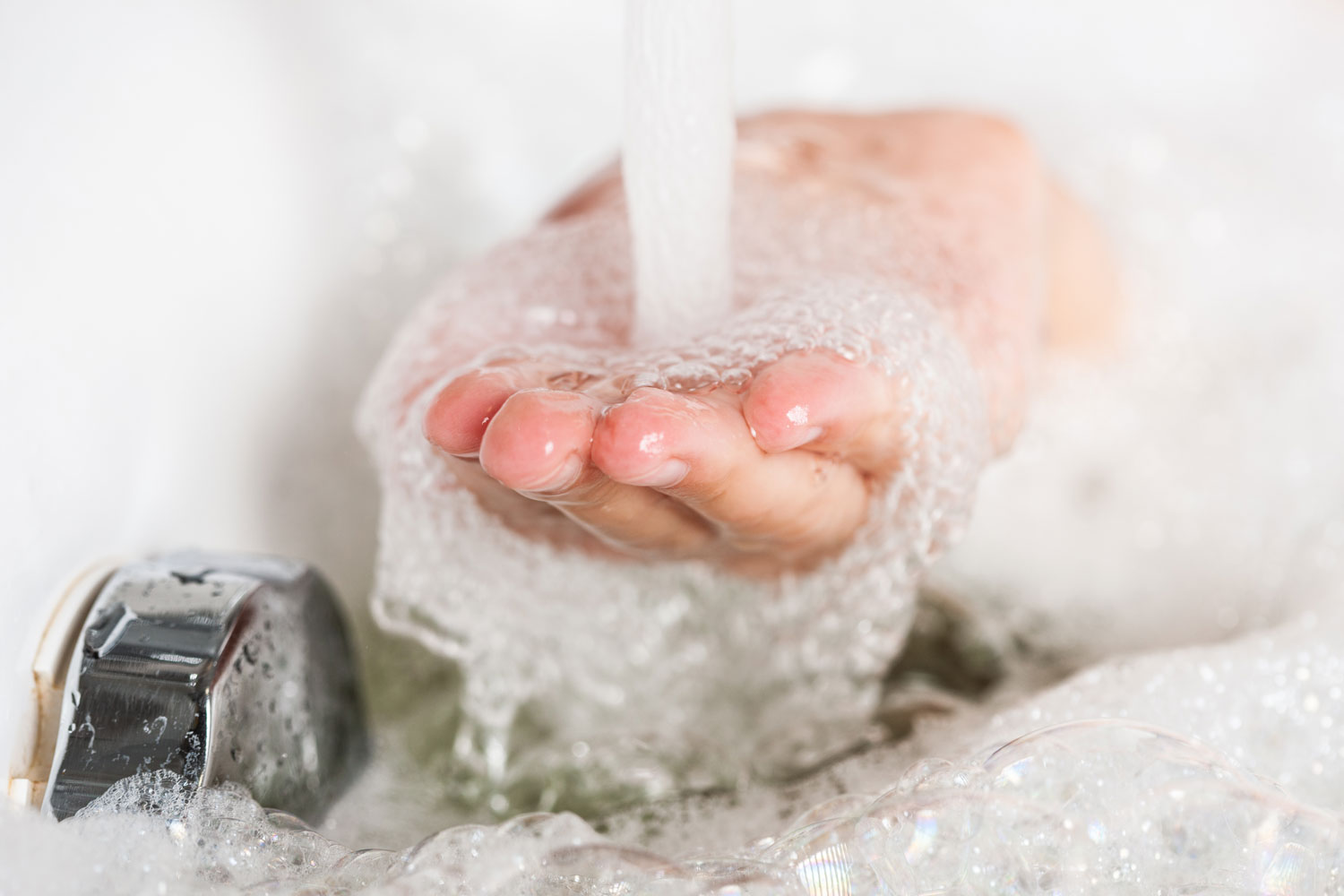Watermelon is one of the summertime favorite fruits, but most people throw the seeds in the trash. What if I tell you these tiny black specks are nutritional goldmines? Packed with healthy fats, mandatory minerals, and protein, watermelon seeds deserve a spot in your diet. Today in this post you can learn why you should stop tossing them and start getting their benefits.
Rich in Magnesium for Heart & Muscle Health
Watermelon seeds are loaded with magnesium (139mg per ounce), a mineral vital for
- Controlling blood pressure.
- Supporting the function of muscles and nerves.
- Increasing the generation of energy. You can get 35% of your daily magnesium needs from only a handful!
Plant-Based Protein Powerhouse
These seeds are comparable to almonds and quinoa in terms of protein content (10g/ounce). Arginine, an amino acid found in their protein, does the following:
- Promotes wound healing.
- Enhances the flow of blood.
- Supports the health of the heart.
Healthy Fats for Brain & Heart
Seeds of Watermelon are rich in polyunsaturated and monounsaturated fats, including omega-6 fatty acids. These “good fats” help:
- Decrease the level of bad cholesterol.
- Protect against inflammation.
- Support the function of the brain.
Iron-Rich for Energy & Immunity
A single ounce of provides iron is equal to 2mg (eleven percent DV), crucial for:
- Transport of oxygen in the blood.
- Combating anemia and fatigue.
- Strengthening the response of the immune system.
Fiber for Digestive Wellness
The seeds’ dietary fiber (1.5g per ounce) aids digestion by:
- Encouraging healthy gut bacteria.
- Stopping constipation.
- Prolonging your feeling of fullness.
Antioxidants to Fight Free Radicals
Watermelon seeds contain manganese, phenolic compounds, and zinc that:
- Eliminate free radicals that harm cells.
- Cut down on oxidative stress, which is connected to long-term illnesses.
- Encourage the health of your skin.
Natural Support for Hair & Skin
Their magnesium and copper content helps:
- Strengthen hair follicles.
- Increase the production of collagen for youthful skin.
- Prevent brittle nails.
How to Eat Watermelon Seeds
- Roasted: Toss with salt and olive oil, bake at 325°F for fifteen minutes.
- Sprouted: Soak overnight, then add to smoothies or salads.
- Ground: Blend into flour for protein shakes or baking.
FAQ (Quick Tips)
- Are they safe to eat? Yes! They are. Just avoid swallowing whole (chew thoroughly).
- Calorie count: 158 calories per ounce — moderation is key.
Watermelon seeds are more than just a nuisance, they are a nutrient-dense snack with benefits for energy, heart, and longevity. Next time, save these seeds when you slice into a watermelon.












